Oxygen Review
A strange sort of episode from the perspective of what you might think of as the Eruditorum Press aesthetic. On the one hand, an episode in which the Doctor literally brings down capitalism; on the other, the most “gun” story since Resurrection of the Daleks. At the end of the day, my personal taste has always run a bit more “gun” than my ideological taste, so I’m pretty on-board with this, although I’m sure the paragraph that starts “but equally” will end up being interesting.
It’s hard to imagine anyone but Mathieson writing this. For one thing, he’s proven himself to be quite good at writing gun. Never in quite so pure and frockless a way as here, but his Series 8 scripts’ reputation rests in part on the fact that they appealed to a particular type of traditionalist fan, and this is hitting many of the same notes. For another thing, he’s very good at developing fairly complex concepts. There’s an awful lot going on in this script, but Mathieson has an extremely deft touch in figuring out how much to develop and explain things. With both the voice controls and the fact that Bill’s suit doesn’t work like anyone else’s he gives himself enough to justify the eventual reveals of “that’s why I couldn’t tell anyone my real plan” and “that’s why Bill survived,” but not so much that either point felt like an obvious Chekov’s Gun hanging over the episode. Pretty much everything fits together save for the basic excessive complexity of the company’s plan, and that gets nicely lost in the mix instead.
On top of that, there’s just a lot to like about the ideas here. My complaint about the way in which scary episodes have become too dominated by haunted houses is nicely handled here with an episode that’s long on scares but is thoroughly sci-fi horror. “Make space scary again” is just a great brief. And the commodification of oxygen / murder of the crew when they become inefficient is great in the way that The Sunmakers was great. The point I’ve made about the Moffat era’s fascination with out of control systems as a strong analogue for anthropocene extinction basically becomes explicit text here, which is very nice.
It also accomplishes exactly what I was hoping for from the move into the season’s second act. Bill is still unmistakably Bill and characterized as such (her “last words” of wondering if it was good or bad that the Doctor wouldn’t tell her a joke were fantastic), but this is the first episode of the season to largely not be about her, instead taking a hard swerve into the dark weird brilliance that’s characterized the Capaldi era at large. The big shift in tone I hoped for is accomplished, and my excitement for the next couple episodes, and really for the rest of the season in general is now high. (The Whithouse episode is the only one I’m kind of dreading; I think the Gatiss one actually sounds quite good.) All…

 Helloesville, my little chickadees, have a 32nd Shabcast. Why not?
Helloesville, my little chickadees, have a 32nd Shabcast. Why not? 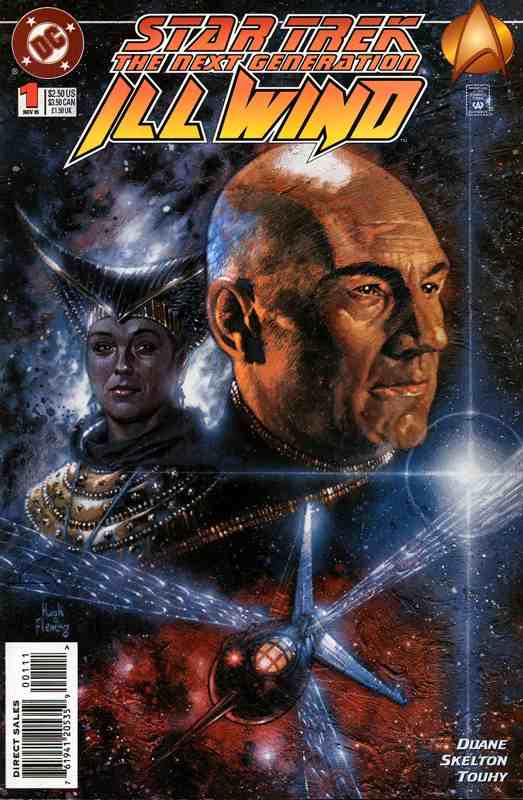 A sense of vastness and cosmic wonder. One almost expects a haunting synthesizer remix of “Space…The Final Frontier” to play over this resplendent scene of the Great Interstellar Dark. But instead, it’s a caption box reciting John Masefield’s “Sea-Fever”. Slightly stilted and hokey, but perhaps evocative in its own way.
A sense of vastness and cosmic wonder. One almost expects a haunting synthesizer remix of “Space…The Final Frontier” to play over this resplendent scene of the Great Interstellar Dark. But instead, it’s a caption box reciting John Masefield’s “Sea-Fever”. Slightly stilted and hokey, but perhaps evocative in its own way.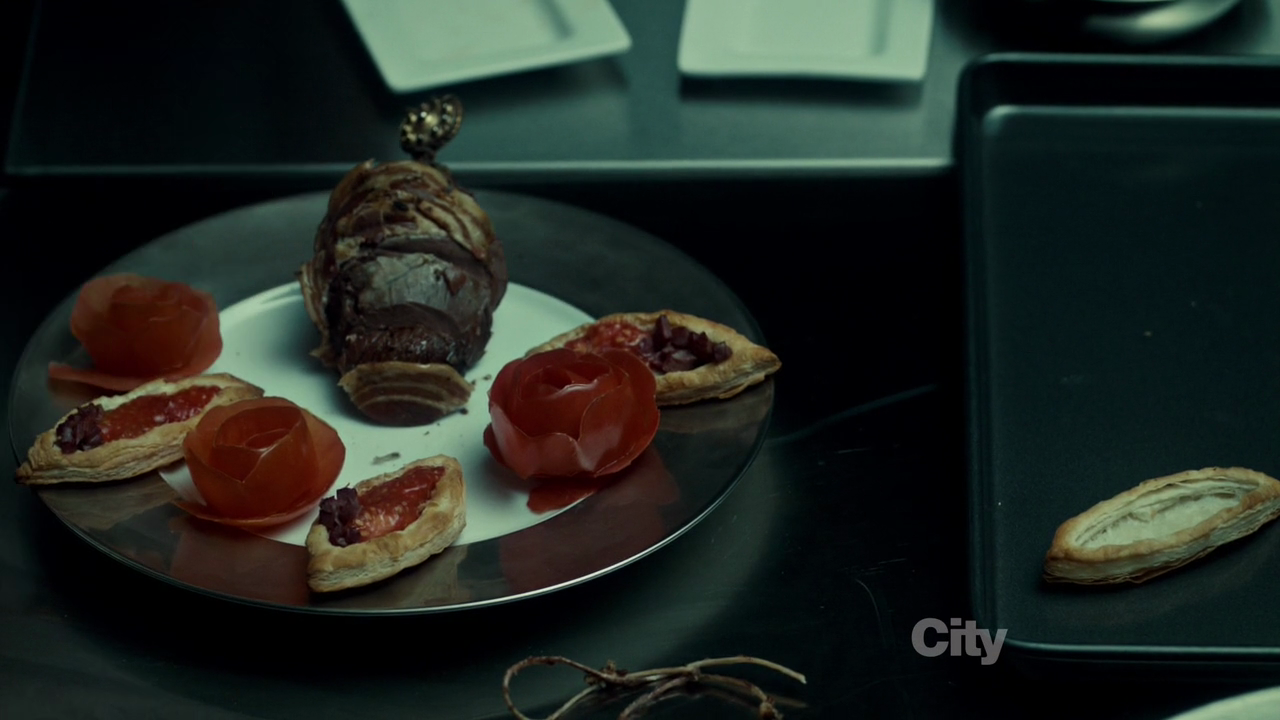 SORBET: A frozen dessert made of sweetened, flavored water. In this case, it seems meant to suggest a palate cleanser, resetting the meal after the extremes of “Entrée.”
SORBET: A frozen dessert made of sweetened, flavored water. In this case, it seems meant to suggest a palate cleanser, resetting the meal after the extremes of “Entrée.”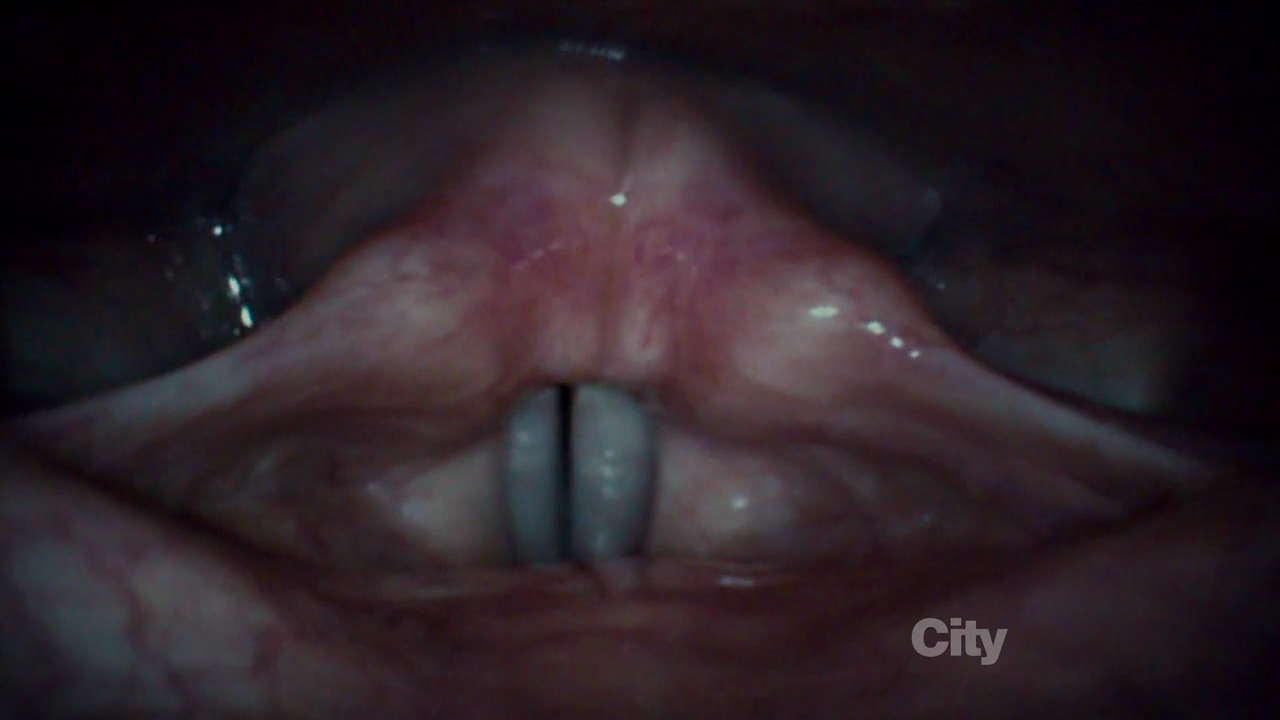
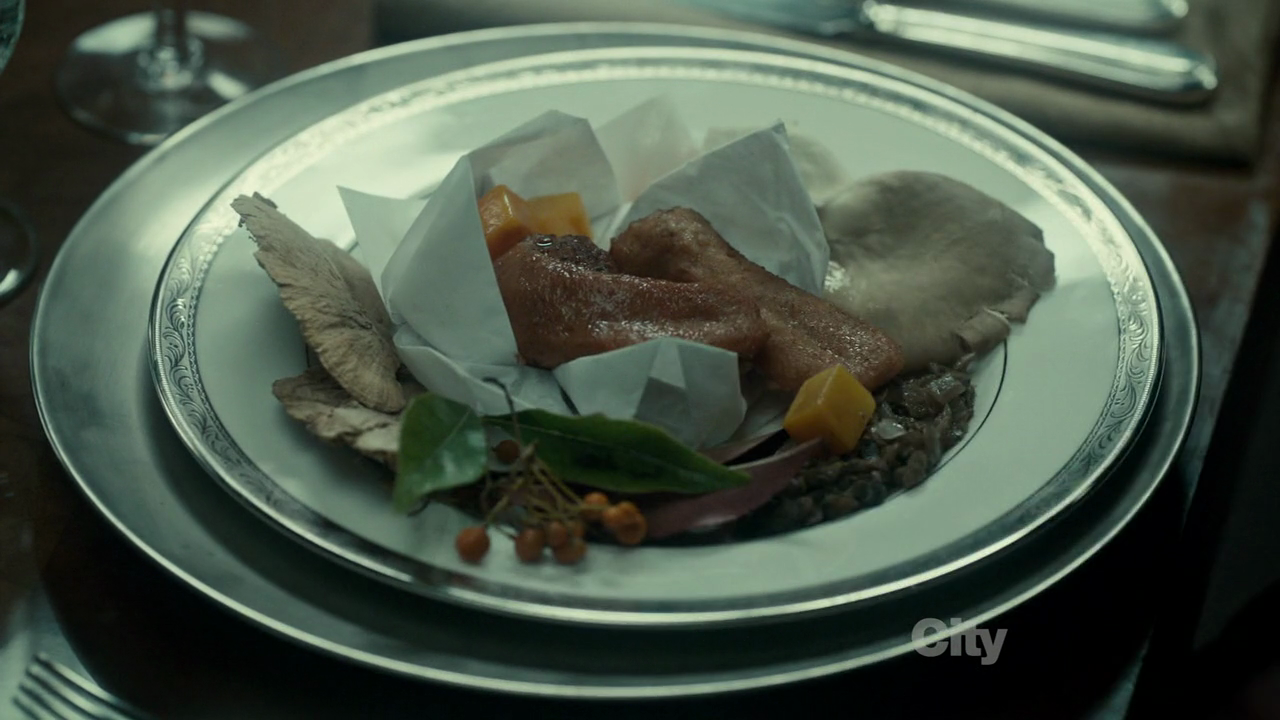 ENTRÉE: With the episode titles in French, this does not carry the English meaning of “main course” per se, but rather refers to a transitional course between fish and meat dishes. In truth the meaning is double, flagging this episode’s status as a transitional one in the season and its status as the first one since “Aperitif” to be focused entirely on the arc plot.
ENTRÉE: With the episode titles in French, this does not carry the English meaning of “main course” per se, but rather refers to a transitional course between fish and meat dishes. In truth the meaning is double, flagging this episode’s status as a transitional one in the season and its status as the first one since “Aperitif” to be focused entirely on the arc plot.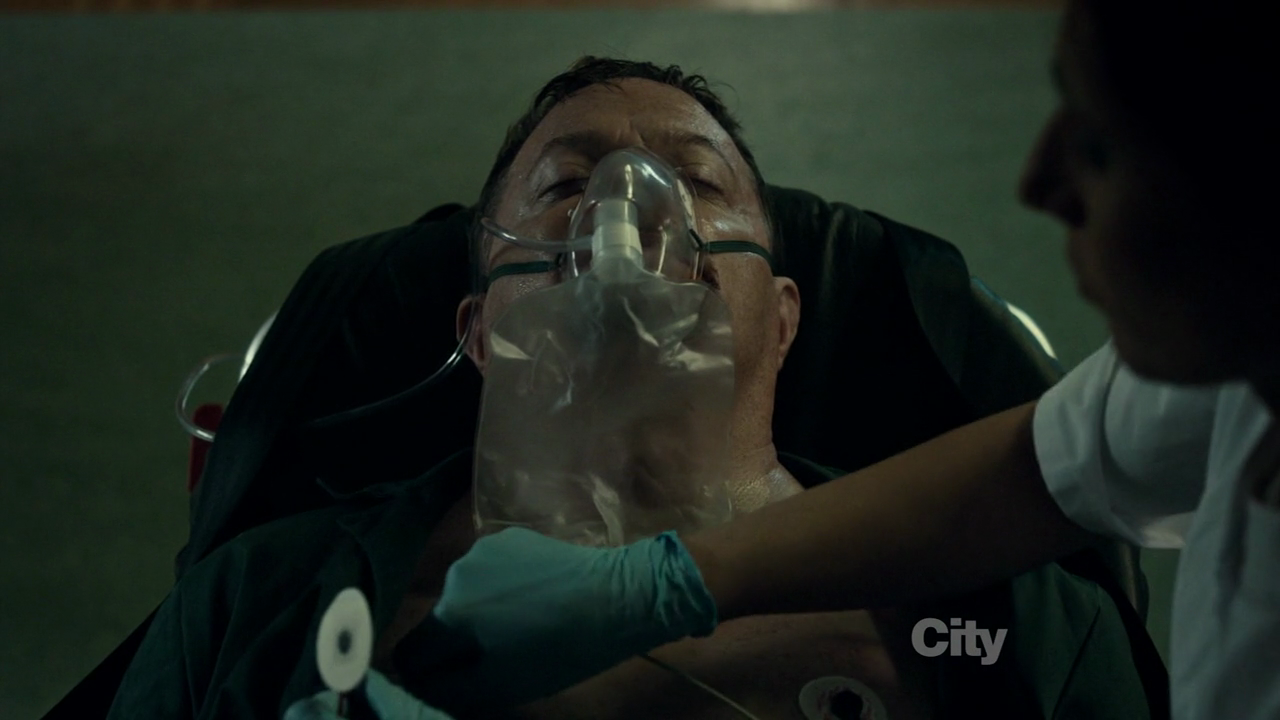
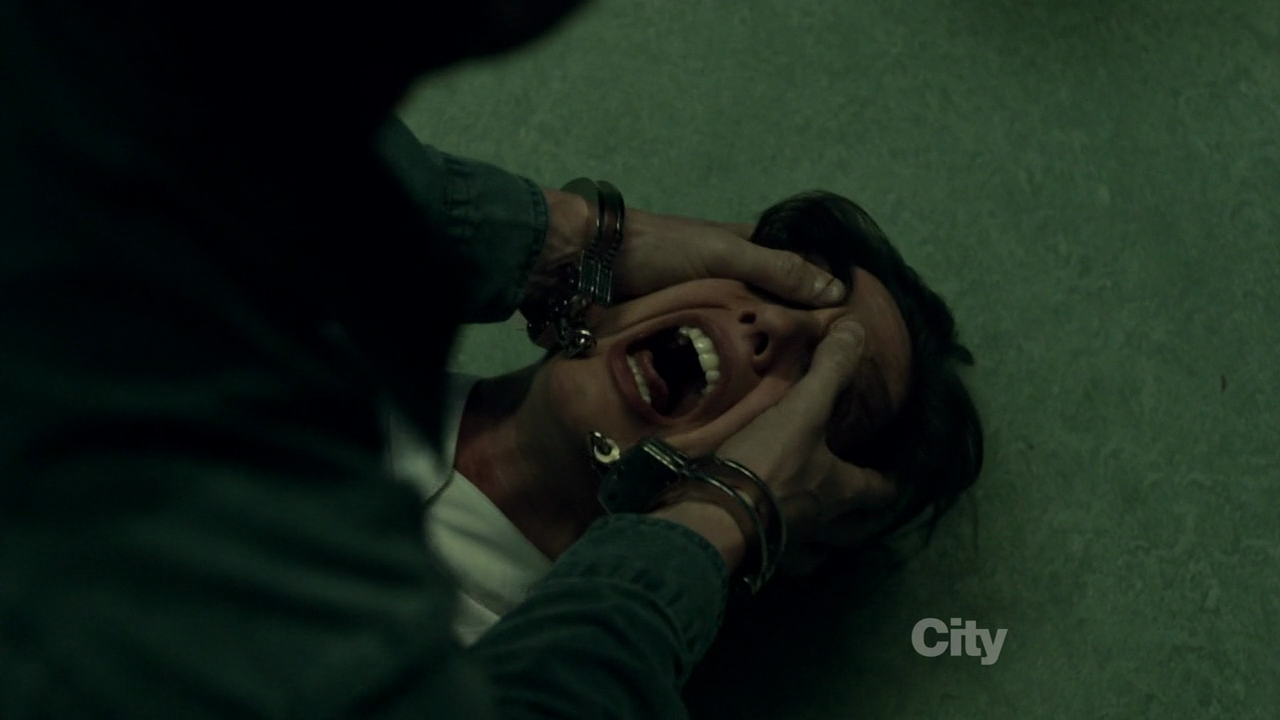
 Hello, just a heads up from me today about the existence of the fourth episode of Wrong With Authority, the podcast about movies about history, hosted (in turns) by myself, Kit Power, James Murphy, and Daniel Harper.
Hello, just a heads up from me today about the existence of the fourth episode of Wrong With Authority, the podcast about movies about history, hosted (in turns) by myself, Kit Power, James Murphy, and Daniel Harper.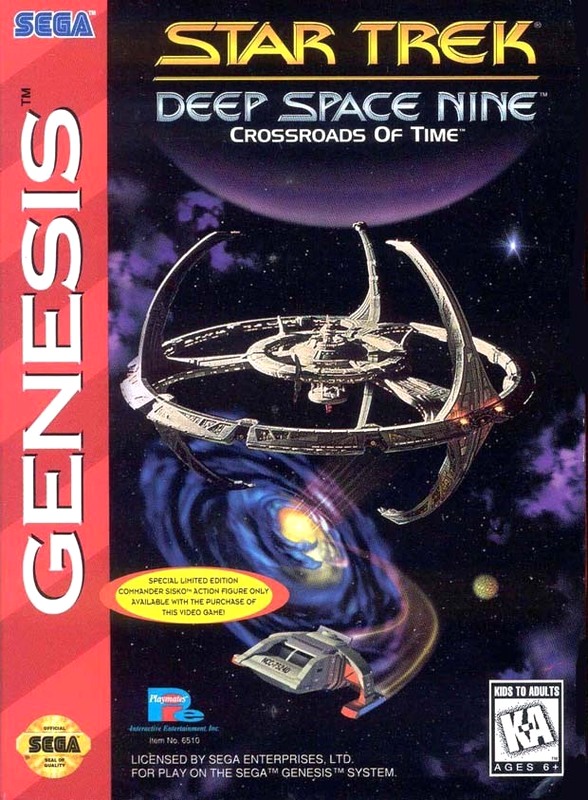 While both official and unofficial video games based on Star Trek: The Next Generation were quick to release upon or soon after the show’s premier in 1987 and have been in no short supply over the years (my inability to play almost all of them when they were current notwithstanding), that wasn’t the case for sister show Star Trek: Deep Space Nine. It took a good two and half years after “Emissary” before Commander Sisko and Co. started getting representations in video game form, and when it finally happened it happened a weird way.
While both official and unofficial video games based on Star Trek: The Next Generation were quick to release upon or soon after the show’s premier in 1987 and have been in no short supply over the years (my inability to play almost all of them when they were current notwithstanding), that wasn’t the case for sister show Star Trek: Deep Space Nine. It took a good two and half years after “Emissary” before Commander Sisko and Co. started getting representations in video game form, and when it finally happened it happened a weird way.